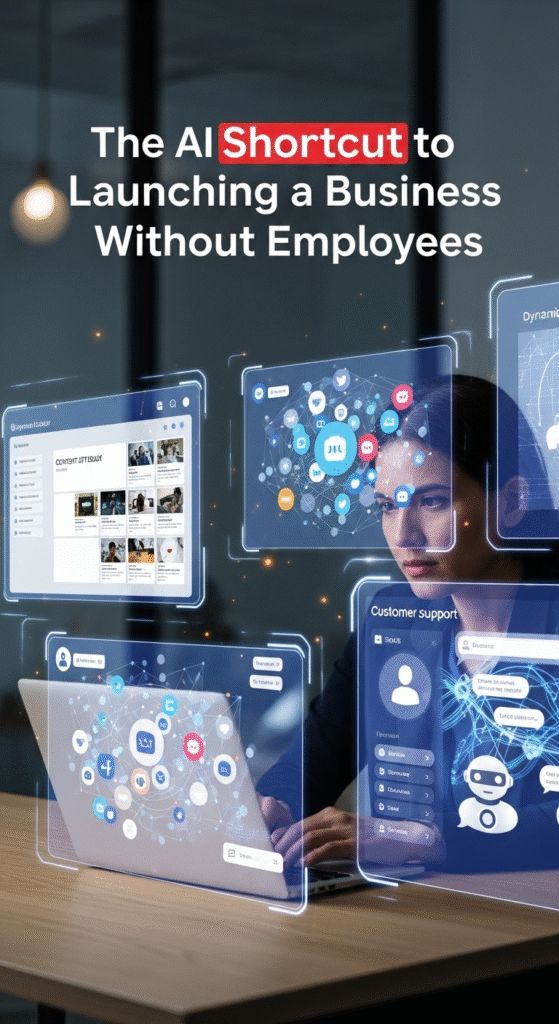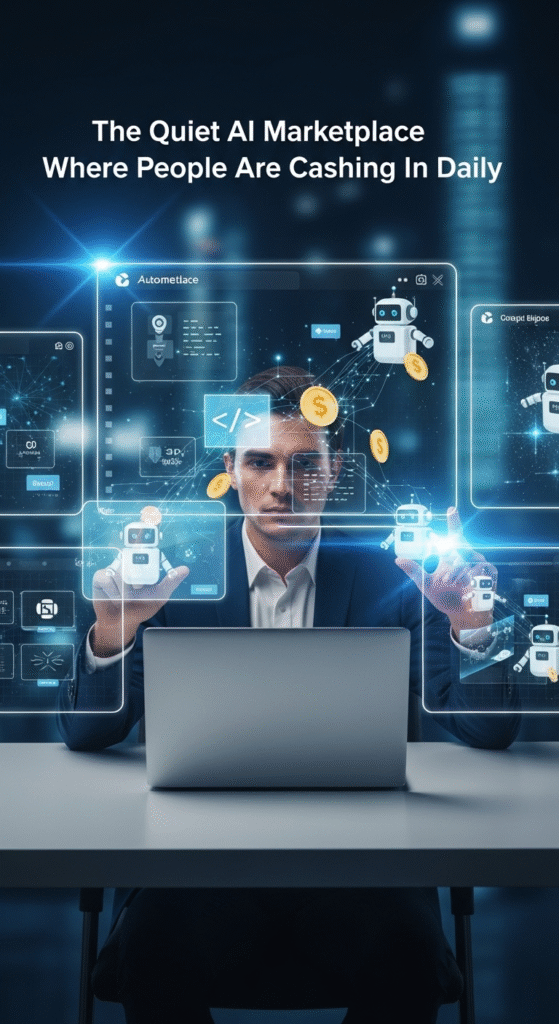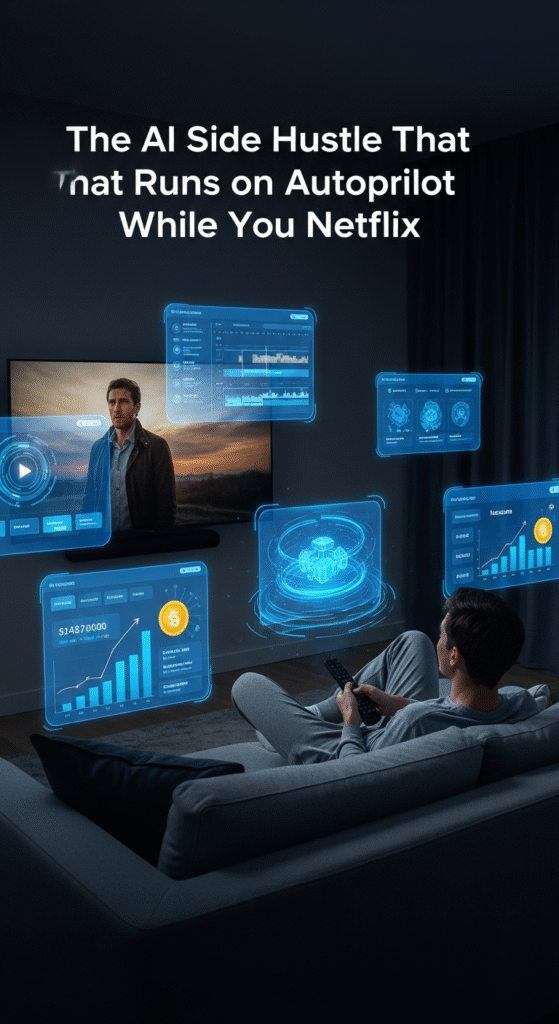Every time you go online — whether it’s shopping, scrolling social media, or simply checking email — your personal data leaves a digital footprint. Hackers, advertisers, and even shady apps are constantly looking for ways to track, collect, or exploit this information. The good news? You don’t need to be a cybersecurity expert to stay safe. With a few easy steps, you can take control of your online privacy, keep snoopers out of your data, and enjoy peace of mind whenever you connect. In this guide, we’ll break down simple but powerful ways to protect your privacy online — starting today.
Why Online Privacy Matters
Think of your personal data as your house keys. If the wrong person gets them, they can peek into your life — where you live, what you buy, who you talk to, and even your bank details.
According to the Pew Research Center, 79% of adults are concerned about how companies use their data. At the same time, hackers launch cyberattacks every 39 seconds (University of Maryland study). That’s why protecting your privacy isn’t optional anymore — it’s essential.
1. Use Strong, Unique Passwords
Yes, it sounds basic, but weak passwords are still the number one way accounts get hacked.
- Don’t reuse the same password for multiple accounts. If one gets leaked, hackers will test it everywhere.
- Mix letters, numbers, and symbols. Example:
Mango!Sun88%Trainis far safer thanpassword123. - Consider using a password manager like Bitwarden or 1Password. They create and remember strong passwords for you.
2. Turn On Two-Factor Authentication (2FA)
Even strong passwords can be guessed or stolen. That’s where 2FA saves the day.
With 2FA, you need a second step — like a code texted to your phone or generated by an app — before logging in.
Big platforms like Google, Facebook, Amazon, and most banks offer this for free. Always enable it, especially for your email and financial accounts.
3. Be Careful with Public Wi-Fi
Free café Wi-Fi feels convenient, but it’s also a hacker’s playground. Without encryption, your data (like logins or messages) can be intercepted.
Quick fix:
- Avoid accessing sensitive accounts (like banking) on public Wi-Fi.
- Use a VPN (Virtual Private Network). A VPN encrypts your internet traffic so snoopers can’t see what you’re doing.
👉 If you don’t have one yet, consider a reliable service like [Your VPN Affiliate Brand]. It’s one of the easiest upgrades for online privacy.
4. Limit What You Share on Social Media
Oversharing = free data for stalkers, scammers, or advertisers.
- Think twice before posting your birthday, home address, or travel plans.
- Check your privacy settings — most platforms let you restrict who can see your posts.
- Use private groups or messages for personal updates instead of public posts.
5. Regularly Update Your Devices and Apps
Software updates aren’t just about new features — they patch security holes. Hackers actively look for outdated systems to exploit.
- Turn on automatic updates for your phone, laptop, and browser.
- Delete apps you don’t use. Many continue collecting data in the background.
6. Watch Out for Phishing Scams
Phishing is when criminals trick you into giving away personal info through fake emails, texts, or websites.
Red flags:
- Urgent messages like “Your account will be closed today!”
- Links that look slightly off (like
paypaI.cominstead ofpaypal.com). - Unexpected attachments.
If in doubt, don’t click. Go directly to the official website instead.
7. Control App Permissions
Many apps ask for permissions they don’t really need. Why should a flashlight app need access to your contacts?
On both Android and iOS, you can review and limit permissions:
- Only allow location, camera, or microphone access when absolutely necessary.
- Deny permissions that seem unrelated to the app’s purpose.
8. Use Privacy-Focused Tools
Switching to privacy-first tools is easier than ever:
- Search engines: Try DuckDuckGo or Brave Search instead of Google.
- Browsers: Brave or Firefox with privacy add-ons (like uBlock Origin).
- Messaging: Signal or WhatsApp (both have end-to-end encryption).
9. Clear Cookies and Browsing History
Cookies track your activity across websites for targeted ads. Clearing them helps limit what advertisers know about you.
- Clear cookies and cache regularly.
- Use your browser’s “Incognito” or “Private” mode for sensitive searches.
10. Encrypt Your Devices
If your phone or laptop is lost or stolen, encryption ensures strangers can’t access your data.
- On iPhone, encryption is enabled by default once you set a passcode.
- On Android, check under Security > Encryption.
- For Windows and Mac, turn on BitLocker (Windows) or FileVault (Mac).
11. Keep Personal and Work Accounts Separate
Mixing personal and work accounts can expose you to unnecessary risks.
- Use separate emails for work, personal, and sign-ups (like newsletters).
- This way, if one account gets compromised, others remain safe.
12. Educate Yourself Continuously
Cybercriminals evolve daily. Stay updated with blogs like Krebs on Security or resources from EFF (Electronic Frontier Foundation). Even five minutes a week reading about privacy can make you much more aware.
Bonus: Use a VPN Everywhere
We’ve mentioned VPNs, but it’s worth repeating: a VPN is one of the easiest and most effective privacy tools available.
Benefits:
- Encrypts your traffic (no one can snoop on what you’re doing).
- Hides your IP address (stops advertisers and websites from tracking you).
- Lets you access content securely, even on public Wi-Fi.
FAQs
Q: Isn’t all this too complicated for beginners?
Not really. Start with just two steps: strong passwords + VPN. That alone makes a huge difference.
Q: Are free VPNs safe?
Most aren’t. Free VPNs often make money by selling your data. Stick with a reputable paid provider.
Q: Do I really need a password manager?
Yes, if you juggle multiple accounts. It’s safer and less stressful than remembering passwords.
Conclusion
Online privacy doesn’t need to feel overwhelming. By making small changes — like enabling 2FA, avoiding risky Wi-Fi, and using a VPN — you’ll protect yourself from the most common threats. Think of it like locking your doors at night: simple, but powerful.
Your data is valuable. Don’t give it away for free.
“Don’t Just Read—Protect Yourself Now”
While you’re sipping coffee (or whiskey), hackers could be watching your traffic like it’s a free movie. Creepy, right? A VPN shields you from prying eyes, hides your location, and locks down your data—whether you’re on public Wi-Fi or just checking email at home.
👉 Click here to get instant protection with NordVPN
Because peace of mind shouldn’t be optional.









